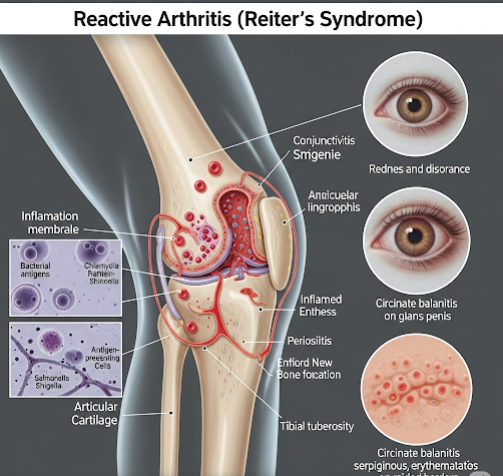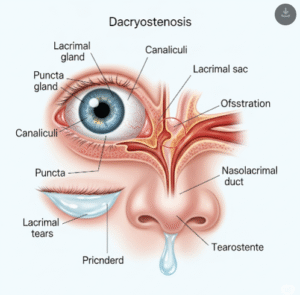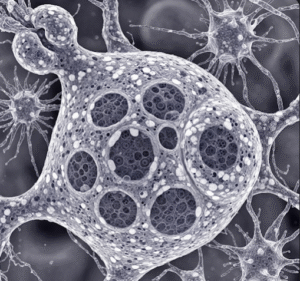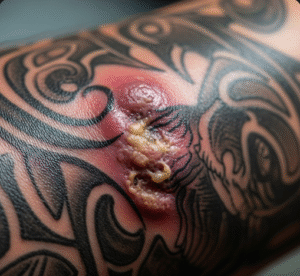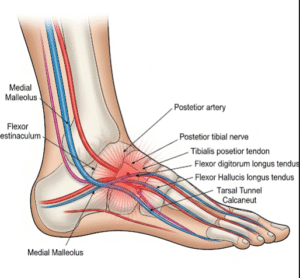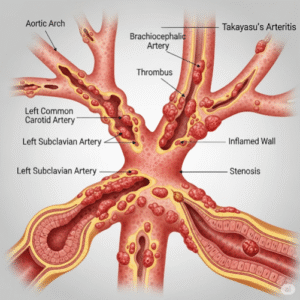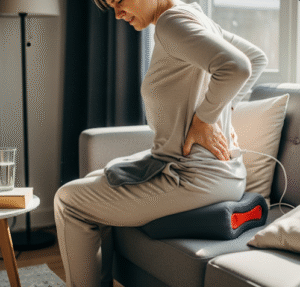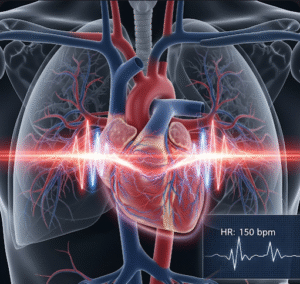Overview
Reactive arthritis, also known as Reiter’s syndrome, is an inflammatory joint condition triggered by an infection elsewhere in the body, commonly the urinary tract or gastrointestinal system. It causes joint pain, swelling, and other systemic symptoms. In Korea, rheumatologists provide accurate diagnosis and comprehensive treatment plans to manage symptoms and improve quality of life.
What is Reactive Arthritis (Reiter’s Syndrome)?
Reactive arthritis is a type of autoimmune arthritis that develops in response to an infection, typically occurring 1-4 weeks after the initial infection. It primarily affects the knees, ankles, and feet, but can also involve other joints and organs. The condition is part of a group of disorders called spondyloarthropathies.
Symptoms
- Joint pain and swelling, especially in knees, ankles, and feet
- Inflammation of the eyes (conjunctivitis or uveitis)
- Painful urination or genital sores
- Skin rashes or lesions on the palms and soles
- Lower back pain
- Fatigue and malaise
Causes
Reactive arthritis is triggered by bacterial infections, most commonly:
- Chlamydia trachomatis (sexually transmitted)
- Salmonella, Shigella, Yersinia, and Campylobacter (gastrointestinal infections)
Risk Factors
- Recent urinary or gastrointestinal infections
- Presence of HLA-B27 genetic marker (increases risk and severity)
- Male gender (more common in men)
- Age between 20-40 years
Complications
- Chronic arthritis with joint damage
- Eye complications like chronic uveitis
- Skin problems
- Enthesitis (inflammation where tendons attach to bone)
- Rarely, heart or neurological involvement
Prevention
- Prompt treatment of urinary and gastrointestinal infections
- Safe sexual practices to prevent STDs
- Early medical consultation for infection symptoms
Treatment Options in Korea
Diagnosis
Diagnosis in Korea is based on clinical history, physical examination, laboratory tests (including HLA-B27 typing), and imaging studies like X-rays or MRI.
Medical Treatments
- Nonsteroidal anti-inflammatory drugs (NSAIDs) for pain and inflammation
- Antibiotics to treat underlying infections
- Corticosteroids for severe inflammation
- Disease-modifying antirheumatic drugs (DMARDs) in chronic cases
Surgical or Advanced Therapies
- Rarely required, except for joint replacement in advanced joint damage
Rehabilitation and Support
- Physical therapy to maintain joint function and mobility
- Patient education about disease management
- Psychological support for chronic disease adjustment

